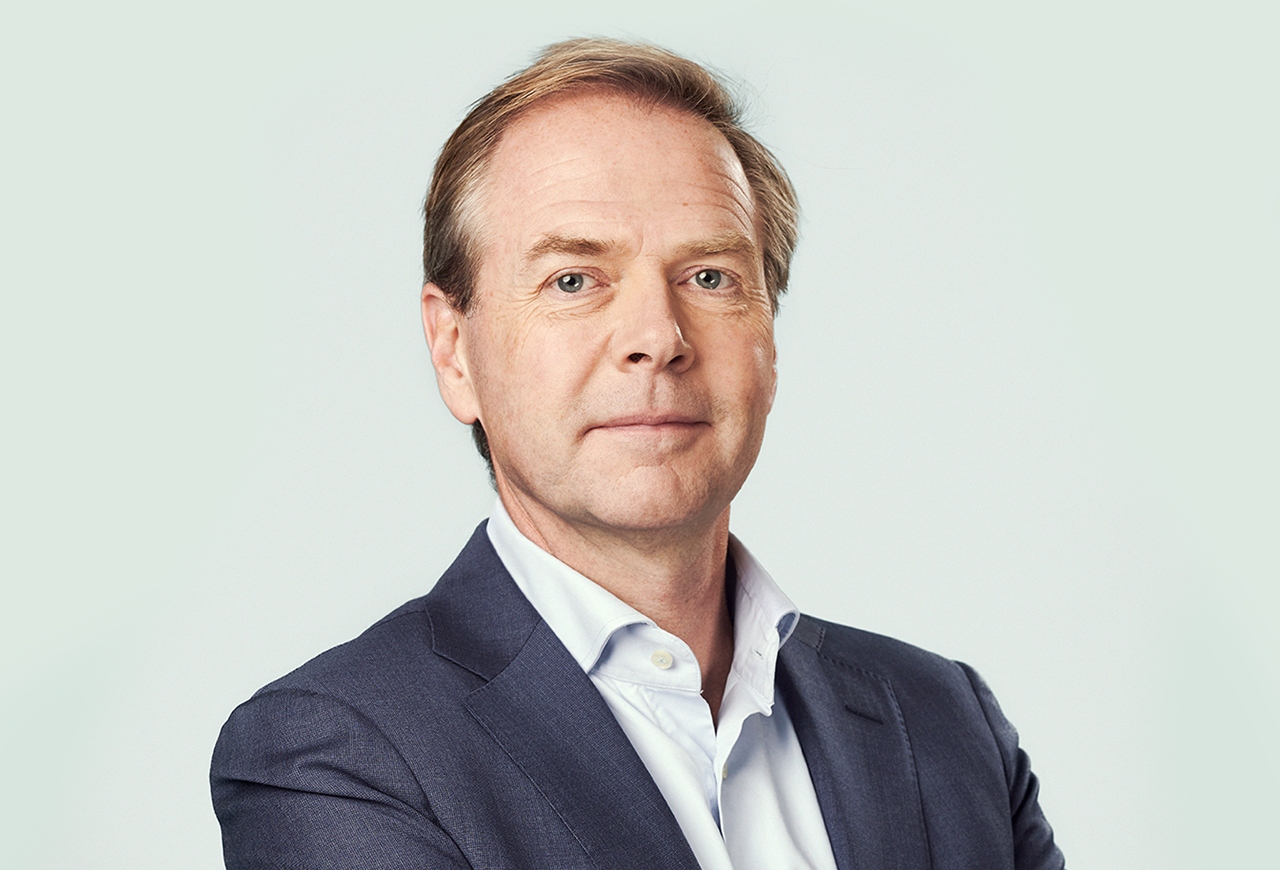Leo Holwerda, director capital, Invest-NL, the Netherlands’ main national promotional institution, on why it pays to make finance available for what may seem ‘unfinanceable’.

Leo Holwerda’s LinkedIn page describes his job as “fighting climate change by investing in innovation”.
After a career in venture capital and private equity, Holwerda bought a fashion company in 2011. When the company was sold five years later, he found himself at a crossroads.
“I knew I wanted to keep investing, but I also wanted to do something that really mattered to me on a personal level, which was the climate,” he tells Impact Investor.
After reading about the creation of a new national promotional institution in the newspaper, Holwerda knew what he wanted to do.
He has been with state-owned impact investor Invest-NL for the past seven years, initially working for the Dutch Ministry of Finance before he helped found the organisation in 2019 as an external consultant. A year later, he was appointed director capital at Invest-NL.
‘Finance the unfinanceable’
The Dutch economy aims to become 50% circular by 2030 and 100% circular by 2050. But in order to achieve this, the country needs to become more sustainable and more innovative.
After various studies showed there was relatively little venture capital available for young, fast-growing businesses in the country compared with Germany, the UK and the US, the Dutch government decided to start its own national promotional institution with the foundation of Invest-NL. The new organisation was given a mandate of €2bn.
Last year, and with the aim to enable financing for companies initially considered ‘unfinanceable’, the organisation invested €260m in impactful businesses and funds, which helped mobilise a further €700m from European investors.
Since its inception in 2019, Invest-NL invested €864m directly into companies and via funds. Investments include insect breeder Protix, cultivated meat producer Meatable and Microsure, a maker of microsurgical robots.
Call on institutional investors
Holwerda recalls a comparative study by consultants McKinsey into the venture capital sector in the Netherlands before the foundation of Invest-NL, which concluded that there was seven times more money available in the US compared to the Netherlands per euro of national product.
Since the arrival of Invest-NL “the amount of venture capital in the Netherlands has significantly increased”, Holwerda says. “Is there enough capital available in the Netherlands? I do not think so. In America there is currently still four times as much capital available as in the Netherlands for VC and startups and scale-ups. We would like to get closer to that.”
Holwerda recalls a presentation he gave to around 40 chief investment officers of the major Dutch institutional investors a few years ago. When he asked how many of them invested in venture capital, he was shocked to see just two people raising their hand.
Although Holwerda says he is increasingly seeing a “broader discussion about investing in impact and climate measures” among Dutch institutional investors, the number of pension funds and insurers investing in venture capital “is still limited to the fingers of one hand”.
“We’d really like to encourage institutional investors, and in particular pension funds and insurers, to participate with us in these types of venture capital investments. That is now only the case to a very limited extent,” Holwerda says. Institutional investors “have gotten used to just doing big ticket investments, of around €50m or more”, Holwerda says.
“They don’t have a system in place to make smaller investments. And they don’t seem to be willing to put such a system in place. I find that worrying,” he says.
“There are countless parties that make smaller investments, such as family offices or the venture capital firms themselves, and it’s a rewarding business model. So why can’t a pension fund do it?”
Institutional investors in the Netherlands may be held back by the view that venture capital is too risky and that the returns aren’t worth the risk, Holwerda says.
“But there is increasing statistical evidence that this is no longer the case: venture capital returns are on par, if not better, than those achieved in private equity.”
Invest-NL speaks to Dutch institutional investors regularly, Holwerda says, “and we try to convince them that it can be worthwhile, that it is possible to enter large tickets, that they could collaborate with us. We are still looking for forms of collaboration in this regard”.
Revolving fund
Invest-NL is aiming to invest around €250m this year, according to Holwerda, while it has around €1bn of investments in the pipeline, involving 125 companies. The idea is for the firm to eventually turn into a revolving fund, where profits from its investments will be used to make new investments, Holwerda says.
Is the current mandate enough to become a revolving fund? “If we continue with this pace of investing, the €2bn will not be enough,” says Holwerda. “We are currently thinking about how we want to do that. We can keep going for a few years, but now is the time to think about what we will do if there is no prospect of new funding.”






